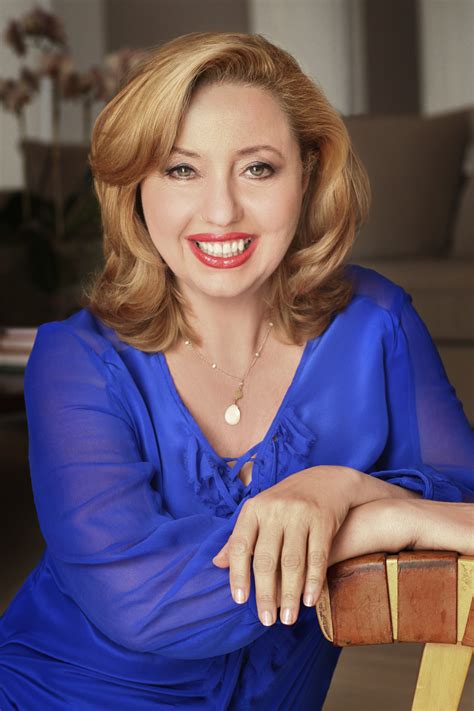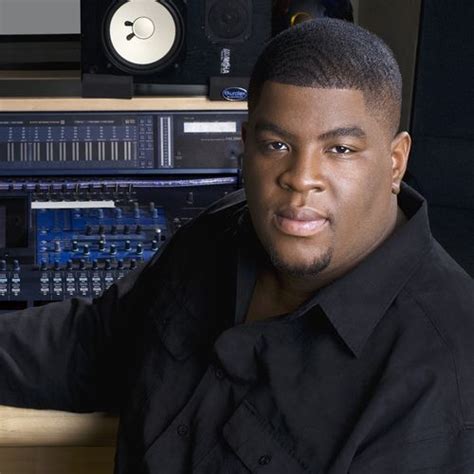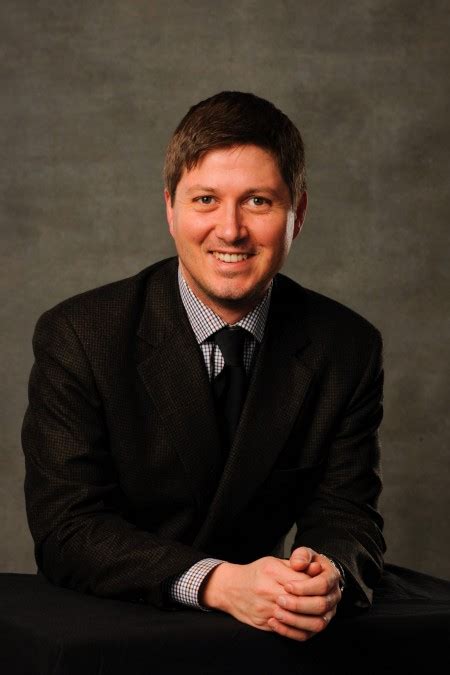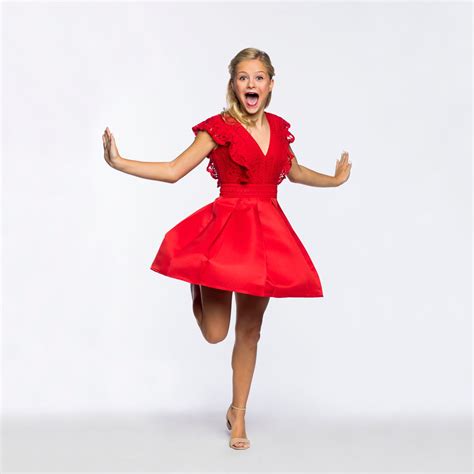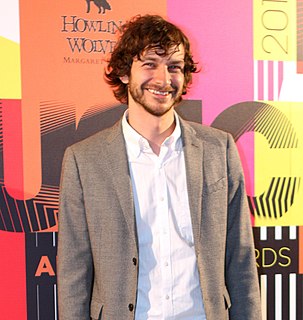A Quote by Courtney A. Kemp
I had to figure out that finding my place was not about race but about creativity, and connecting with other artists helped me find my voice.
Related Quotes
A friend of mine helped me find my confidence by trusting the knowledge that I was not alone in writing my first book. She helped me wake up to the fact that I had a source of creativity that was my true creative nature and when I embraced it and asked for this presence in my life, I felt as if the dam of the Niagra Falls had burst and all sorts of wonderful things started to happen when I found my voice. It has been a process ever since and I am now a big advocate in the message that we are not alone and we all have ample creativity within us if we just trust it.
I think everyone has a story to tell. Part of what I do is help artists find their voice, not only their vocal voice, but their writing voice. Every artist that I worked with who has those records that everyone talks about, they are also writers. I like to say I helped support whatever their writing was so people heard the song clearly.
I'm about to turn 24, but I'm probably closer to the average 34-year-old in a lot of ways. I never had the problem of, "Who am I and who do I want to be?" I've known for so long, so I think that's why getting married made sense early. And then the biggest factor is just finding really incredible women. I think that's the part about being in a band with female fans: You get to meet so many women, and you figure out pretty quick which ones stand out in the crowd and which ones are really connecting with you.
There's this pet phrase about writing that is bandied around particularly in workshops about "finding your own voice as a poet", which I suppose means that you come out from under the direct influence of other poets and have perhaps found a way to combine those influences so that it appears to be your own voice. But I think you could also put it a different way. You, quote, find your voice, unquote, when you are able to invent this one character who resembles you, obviously, and probably is more like you than anyone else on earth, but is not the equivalent to you.
I had no one to help me, but the T. S. Eliot helped me. So when people say that poetry is a luxury, or an option, or for the educated middle classes, or that it shouldn’t be read at school because it is irrelevant, or any of the strange stupid things that are said about poetry and its place in our lives, I suspect that the people doing the saying have had things pretty easy. A tough life needs a tough language – and that is what poetry is. That is what literature offers – a language powerful enough to say how it is. It isn’t a hiding place. It is a finding place.
We're always being told 'find your voice.' When I was younger, I never really knew what this meant. I used to worry a lot about voice, wondering if I had my own. But now I realize that the only way to find your voice is to use it. It's hardwired, built into you. Talk about the things you love. Your voice will follow.
There's this pet phrase about writing that is bandied around particularly in workshops about "finding your own voice as a poet", which I suppose means that you come out from under the direct influence of other poets and have perhaps found a way to combine those influences so that it appears to be your own voice.

